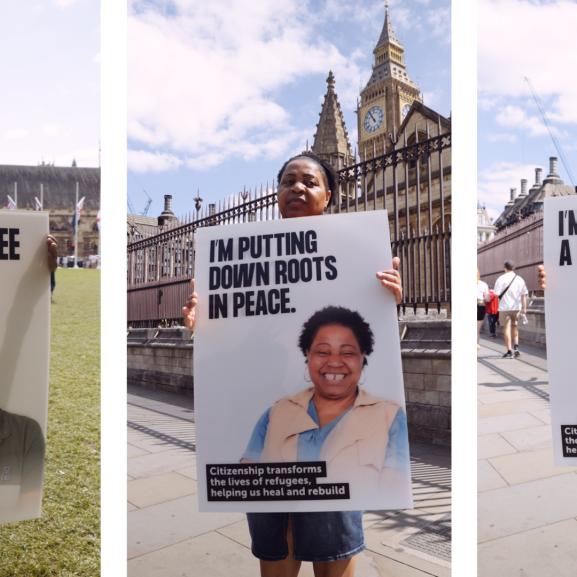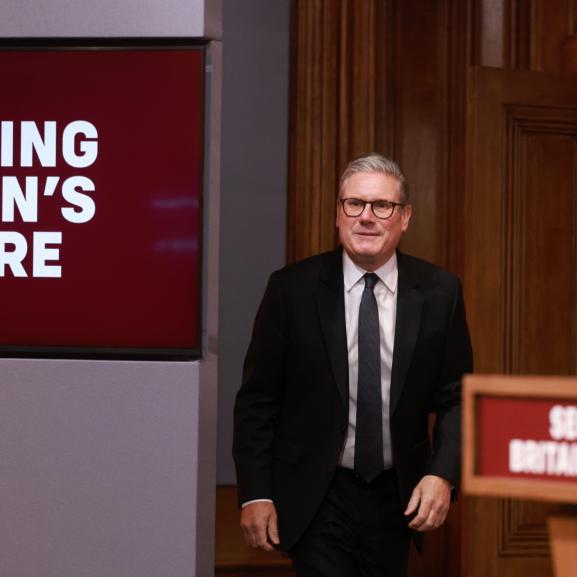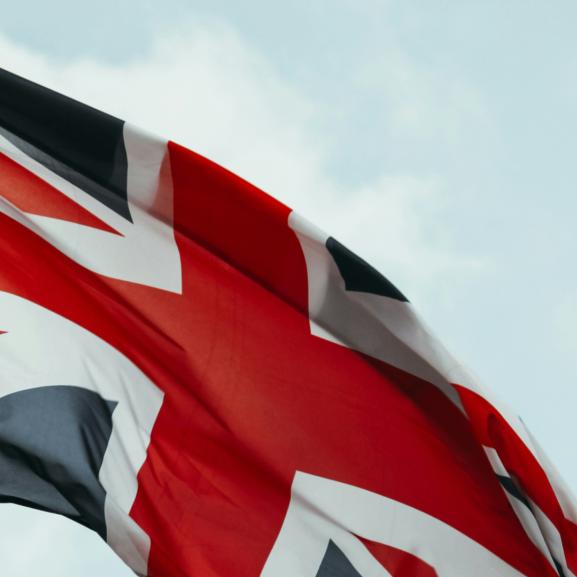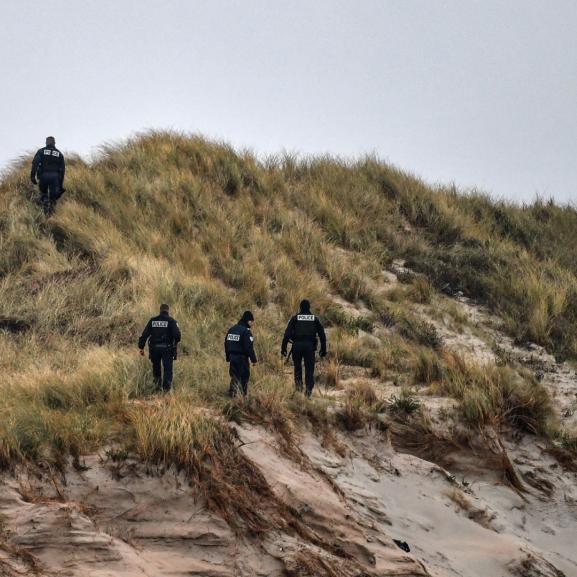MF calls for early identification of torture victims in asylum process
Greater efforts need to be made in identifying torture survivors and affording them the time and sensitivity to disclose their experiences before their asylum applications are decided upon. That was the view put forward by the Medical Foundation at an independent hearing that could see major recommendations for a nation-wide reform of the UK's asylum system.
Giving evidence at the Independent Asylum Commission's (IAC) recent enquiry into the treatment of vulnerable people, MF Refugee Policy Officer David Rhys Jones said there was still a long way to go in ensuring officials at the forefront of the asylum system adhered to guidelines laid down by the Government and the European Union.
"Evidence of past torture is important in the determination of asylum claims in substantiating whether international protection should be granted according to international refugee and human rights law," he said at the Cardiff hearing this week.
Despite written guidance provided by the United Nations High Commissioner for Refugees (UNHCR) and several EU Council Directives, decision-makers and immigration courts are still failing to seek evidence of past torture in new arrivals. Border and Immigration Agency (BIA) interviewing officers have received little or no training in interviewing vulnerable people and are given no instruction in how to identify or meet the support and accommodation needs of torture victims.
The MF, along with the UNHCR, has long called for early medical assessments by trained clinicians of all asylum seekers to ensure torture victims are identified on arrival. This would also ensure people fleeing torture and organised violence are not detained in the fast track process, which the BIA itself has acknowledged is not suitable given their circumstances. Yet contrary to its own guidelines, BIA's screening interview procedures do nothing to identify torture survivors and no questions about torture are asked at the screening interview.
Mr Rhys Jones reiterated MF concerns that the failure to identify torture survivors prior to conducting immigration interviews seriously endangered the lives of people who owing to feelings of distress and humiliation, are often unable to recount their experiences and can subsequently find their applications refused without proper consideration.
"Almost all torture survivors are reluctant to disclose all the details of their torture, particularly so soon after arrival as the New Asylum Model expects (often within a matter of four or five days)," said Mr Rhys Jones, referring to latest Government procedures for dealing with asylum claims which came into force earlier this year. "This is not surprising following a very unsettled and disorientating period when an asylum seeker may be more concerned with the impact upon them of the journey to the UK and where they are to be located following their initial induction.
"The key to ensuring that international protection is provided to torture survivors under the current refugee status determination procedure in the UK rests on two basic premises - early identification of those who are survivors of torture; and that torture survivors are treated with the utmost sensitivity by ensuring they get the care, treatment and support they need to enable them to pursue their claim to asylum."
The IAC is expected to issue a report based on its findings in 2008.





